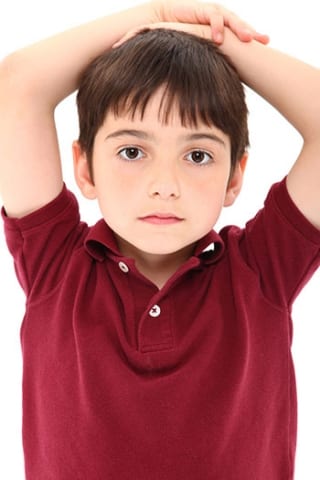Chance a school aged child will get lice: One in 10
August 17, 2012

Lice are a common nuisance for families with children in school. In fact, one study estimates one in 10 children will contract head lice at some time during their formative school years. The estimated cost of head lice infestations in the U.S.? Nearly $1 billion annually.
Head lice is highly transferable. Many over-the-counter treatments are highly effective and should be used as a first course of action. If the case is severe and does not respond to those treatments, then call a healthcare professional.
Here’s what you need to know:
- Lice spread through close contact and through contaminated belongings.
- Advise children not to share hats, headbands, combs, brushes, even clothing.
- Lice are small but visible when you look closely at the hair and scalp.
- You may first notice nits (eggs) attached to the strands, especially behind the ears and at the back of the neck.
- Signs to watch out for: itching, sores on the scalp or irritability.
- For children under age 2, be sure to talk to a healthcare professional about treatment options.
- Try over the counter treatments first. They can be repeated a second time in seven to 10 days – not any earlier or later.
- Home remedies typically will not kill all the eggs or lice.Some common (but often ineffective) methods include using vinegar, mayonnaise, petroleum jelly, olive oil, butter, rubbing alcohol or prolonged water submersion.
- If treatments are applied correctly, it is not necessary to remove all the nits.
- Affected individuals should be checked for three weeks to ensure lice and nits are gone.
- Do not use the same treatment more than twice on an affected individual. If it’s not working, contact your healthcare professional.
- For effective elimination, all family members should be checked and the home must be treated: Sterilize clothing, linens and brushes, and vacuum floors and furniture, but do not use fumigant sprays, which are toxic.
- Lice do not live on pets.
- Head lice is highly transferable. There are many effective over-the-counter treatments. If you encounter a severe case that is unresponsive to these treatments, please contact a healthcare professional for further recommendations.
